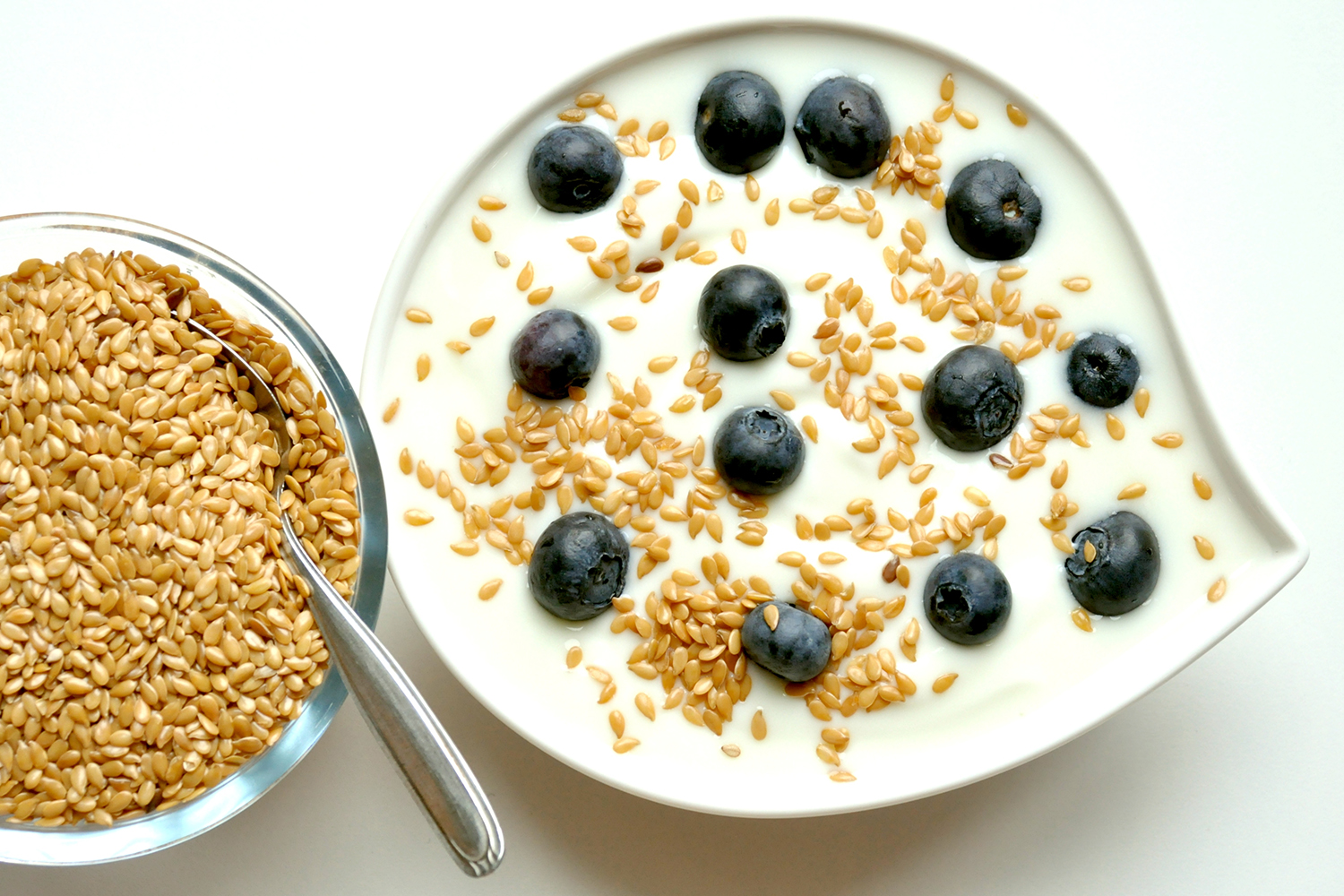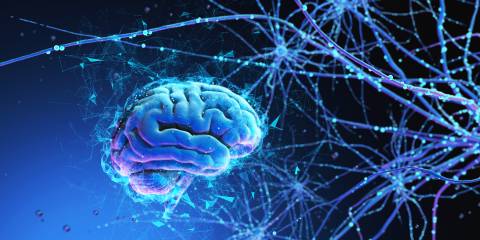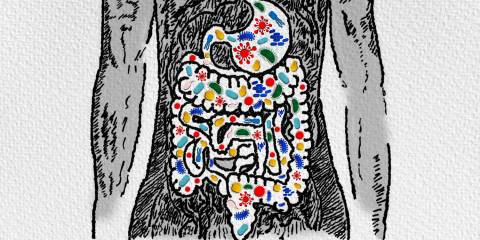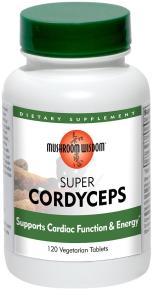People concerned with optimizing their health have long known, “You are what you eat.”
Now, researchers at UCLA have taken the notion a step further. They've proven, for the first time, that what you eat not only affects your physical health, it affects how you think and how your brain functions.
The Study
The scientists followed 36 women, aged 36 to 55 for four weeks. The women were divided into three groups:
- One group ate a yogurt product containing a mix of probiotics.
- Another group ate a similar-looking product that did not contain probiotics.
- The third group did not eat any yogurt product.
What the study, published in the peer-review journal, Gastroenterology, showed was that just as our brain function can affect our physical being (e.g. stress can cause upset stomach), the brain-gut connection is a two-way street.
In other words, what we eat can alter how our brains work.
What this means it that ultimately, we may find foods and probiotics that can help prevent or treat digestive, mental, and neurological disorders, such as Alzheimer’s disease, autism, or Parkinson’s disease, says Dr. Emeran Mayer, a professor of medicine, physiology and psychiatry at UCLA’s David Geffen School of Medicine and the study's senior author.




